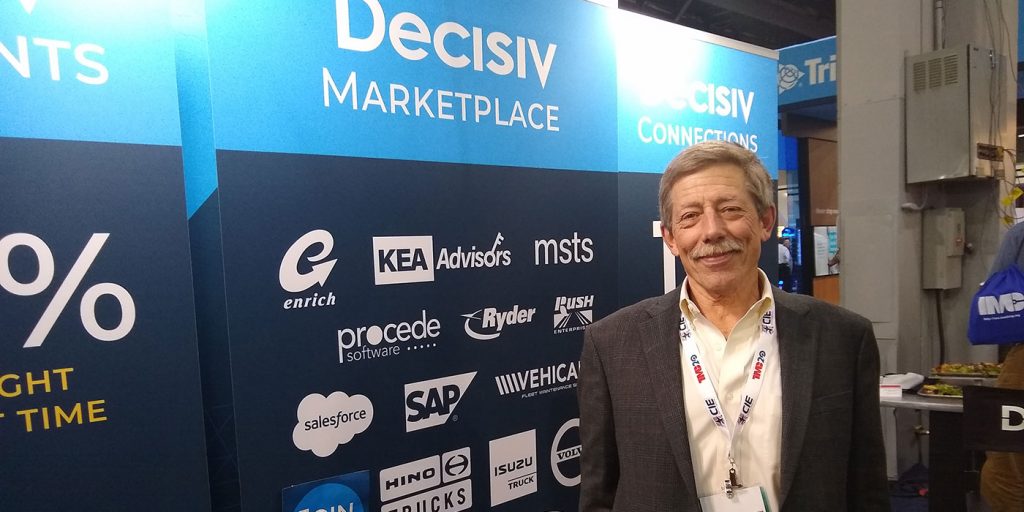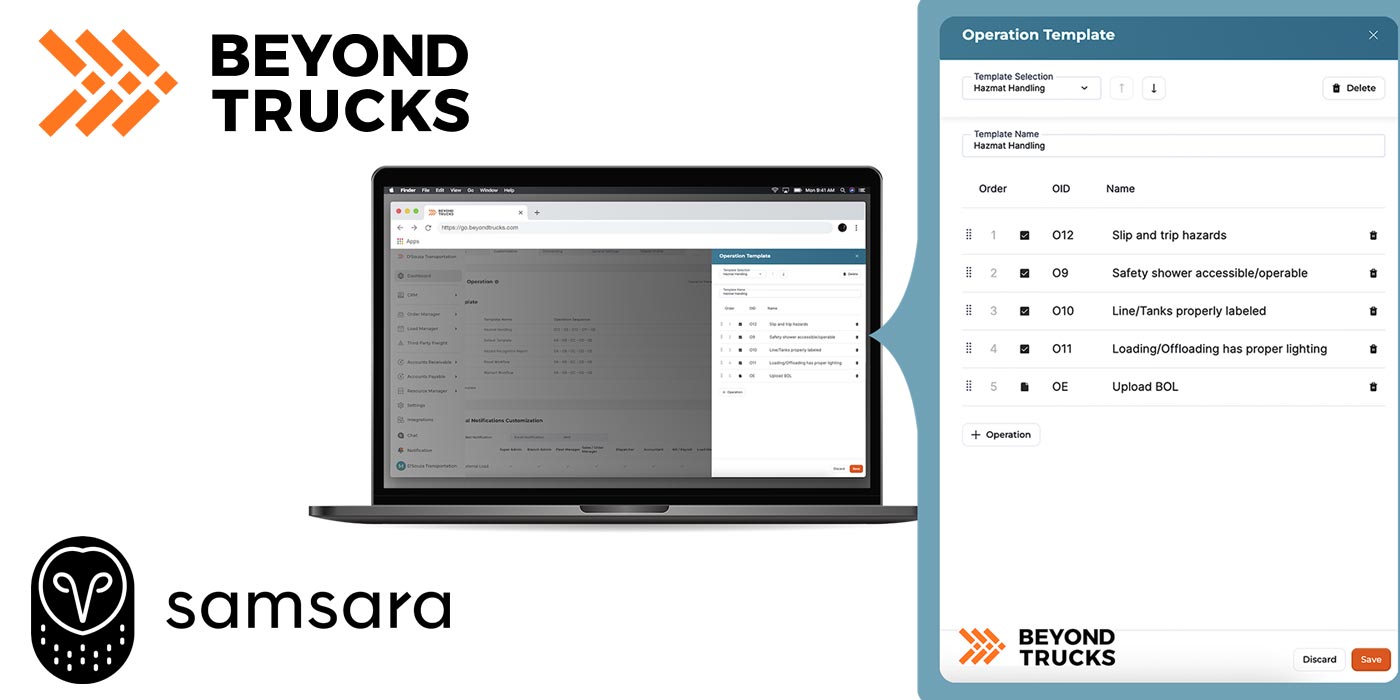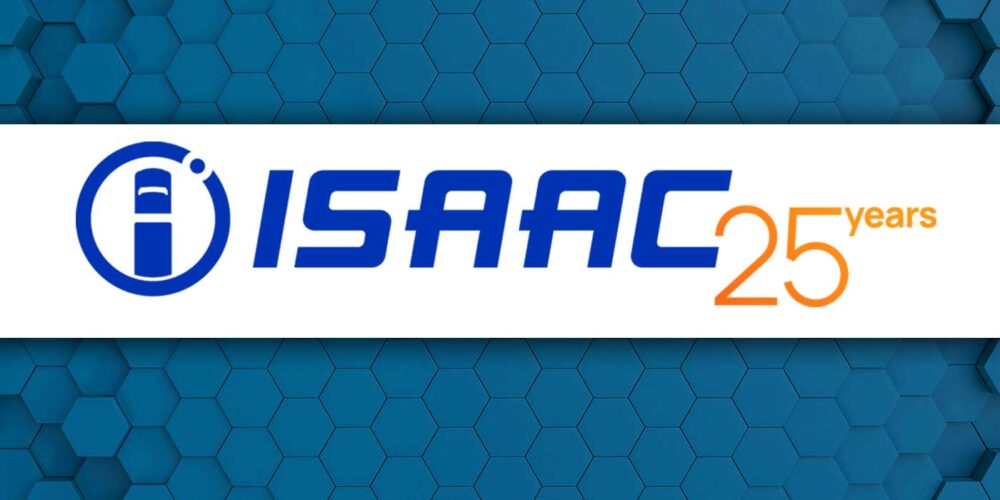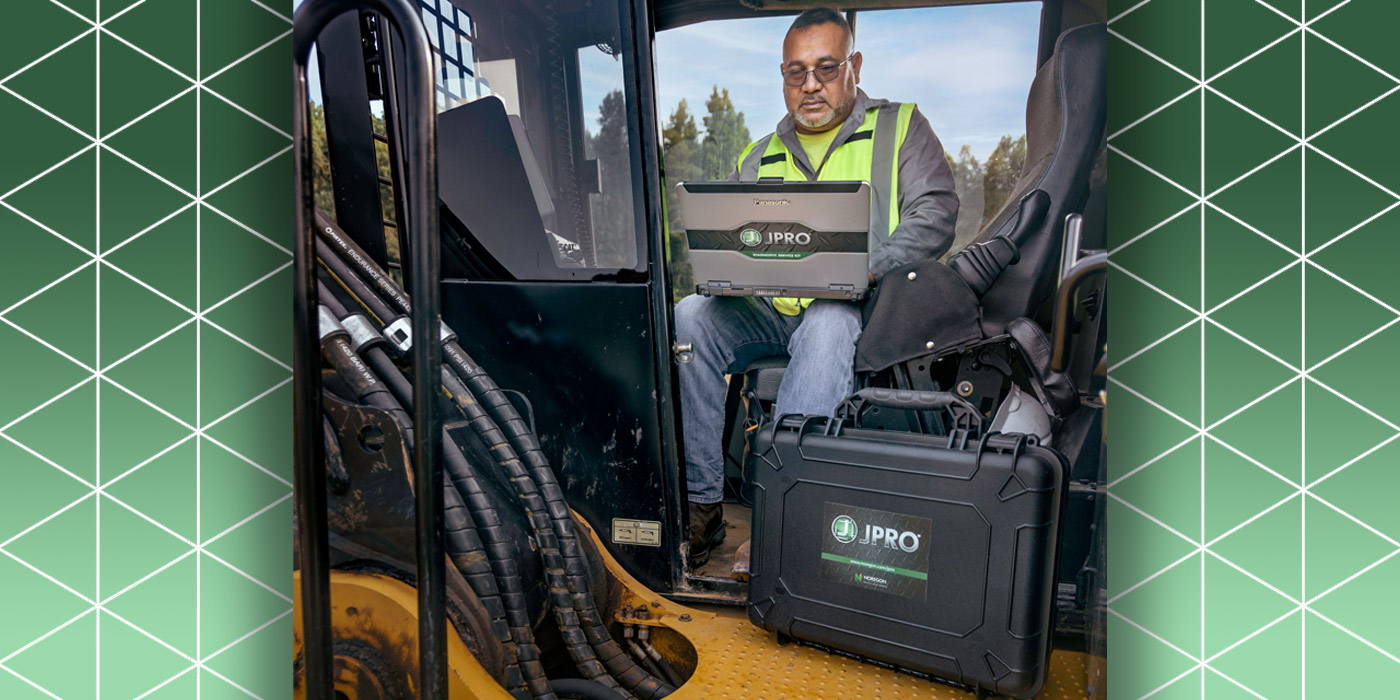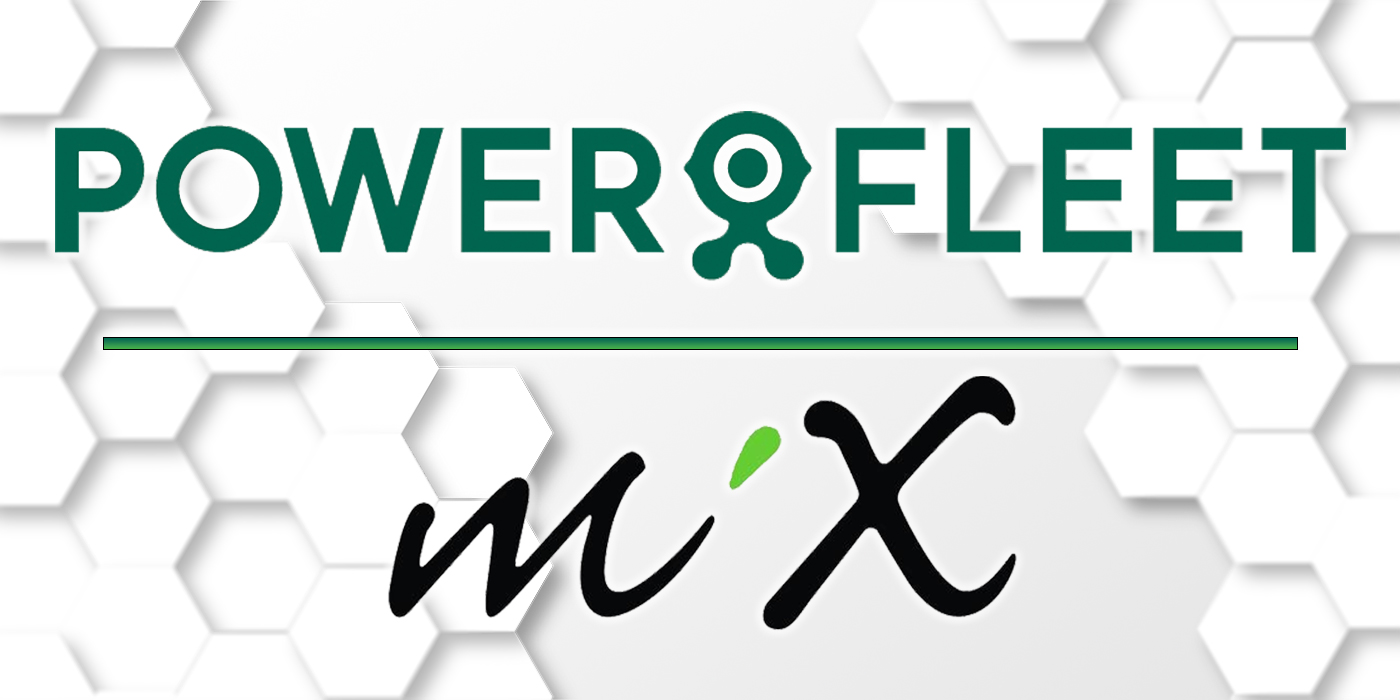Skyrocketing labor rates, an endless proliferation of fees and increasingly complex truck equipment and technology have sent truck service costs through the roof—and that’s without even counting the loss of revenue during downtime. Whether you’re held captive by contract maintenance, rubbing your head because of roadside service or looking for ways to leverage your home dealership relationship when dealing with another dealer in the network, knowing as much about your service history from both the equipment and provider angles is your best bet to help reduce overall costs.
But how do you manage the entire asset service process and get a clear service delivery and cost picture across different makes, models and service providers?
Mark Wasilko, vice president of marketing with Decisiv, has a unique perspective. With its Service Relationship Management (SRM) platform, Decisiv has been working for years behind the scenes connecting service locations with major commercial vehicle OEMs through Volvo Trucks’ and Mack Trucks’ ASIST platform and similar SRM platforms for Kenworth, Peterbilt and Hino. Decisiv also powers Trimble’s TMT Fleet Maintenance Software and Michelin Mechanical Care. Now Decisiv is expanding its intelligence offerings with the release of Decisiv’s Marketplace, a new fleet-facing center for technology, services and solutions providers within the Decisiv SRM Ecosystem, all dedicated to driving asset performance, streamlining service and improving operations for asset owners and fleet managers, according to the company.
I caught up with Mark at the TMC Annual Meeting and Exhibition to find out more about the Decisiv Marketplace and how fleets can leverage service data to bring down costs.
Fleet Equipment (FE): So the Marketplace announcement—walk me through what this means for Decisiv, and then what kind of solutions you’re going to be rolling out for the fleets.
Wasilko: It’s a logical next step for Decisiv. If you think about the Decisiv ecosystem, its scope and the number of companies that we partner with or integrate with, the intent was to take that to the next level and develop a single source or hub that a fleet could go to find the critical applications and services that drive asset utilization and uptime and help streamline the service event.
FE: Can you give me an example of what that visibility that would give a fleet?
Wasilko: A classic example is what we’re doing with Trimble ServiceConnect. Through the seamless connection between Decisiv and ServiceConnect, a fleet can more easily collaborate to schedule maintenance, track service status and record parts and labor costs with the assurance that all financial data is accurate, recorded and audit-able. When that product information resides in a passive state on our website or a passive state on a similar website, it isn’t as easily located. Presenting that information to fleets in an organized, easily searchable single source is more effective and exactly what we intended to do through our new Marketplace.
FE: Let’s say a fleet is working with a dealer network. They have their home dealer who takes care of them, but they have a dealer that is five states away that’s trying to rake them over the coals. What can they do with the Marketplace information?
Wasilko: The fleets are going to have access to a range of solutions that they can review. One example is that fleets would have access to the technology that enabled them to capture service information from any dealer location at any place and bring that together to compare variances in costs and service.
FE: So they can see it all in one place. They don’t have to go digging through paper files to find the receipt or how much they should pay for that?
Wasilko: Correct. They also have the ability to look at the work in progress status, via management dashboards. So whether it’s based on estimate excisions or return to service, they can see in a single dashboard every asset that falls in or out of that range. So unexpected delays in service or parts, and other items that need immediate attention can be floated to the top.
FE: So in a real-world sense, how does this empower fleets to twist some service arms and get things done a little faster, easier, more efficiently?
Wasilko: So part of our intent is to begin to educate the fleets as to the range of capability and the range of service solutions that are out there. A lot of fleets just don’t know what to ask for. Their businesses is logistics and keeping assets running, not being technology experts. So if you think about the ability to consolidate that information in a single point of review, where all of the solutions are integrated, you move them four rungs up the ladder. You absolutely improve the efficiency and the effectiveness of any kind of technology review.
FE: One last question. What is the value in integrations for fleets and why should fleets be pushing for more and more integrations between partners?
Wasilko: Let’s go back to the example of Decisiv and Trimble and the ServiceConnect integration. Every next level of integration brings more uniformity, more integrity to the data, simplifies their ability to access that information, puts them in a position where, again, because they’re not technology experts, they don’t have to look at nine locations. That information increasingly gets more valuable and represented in more and more usable ways. That’s what you want.

